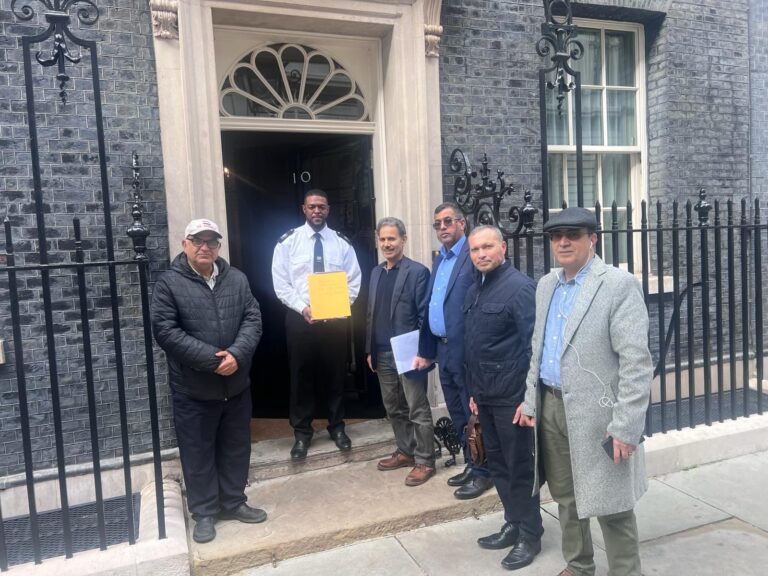OCCUPIED JERUSALEM (Reuters)
Doubts mount about efficacy of preventive action
Hard-line Israeli Foreign Minister Avigdor Lieberman has commissioned a report on how to 
prepare for a nuclear-armed Iran as doubt mounts about the efficacy of preventive action, an Israeli source said on Monday. Publicly, Israel has pledged to deny the Iranians the means to make a bomb but its previous, centrist government also discreetly drew up “day after” contingency plans should Tehran’s uranium enrichment pass the military threshold. At the time, rightist opposition leader Benjamin Netanyahu called for Israel to consider preemptive strikes against its arch-foe’s nuclear sites. Now prime minister, Netanyahu has reined in such rhetoric while not ruling out the use of force.
In a sign the government is examining a full range of options, Lieberman, the most hawkish member of Netanyahu’s coalition, has ordered ministry strategists to draft a paper on “what to do if we wake up and discover the Iranians have a nuclear weapon”, said the senior Israeli political source, who declined to be named due to the sensitivity of the matter.
Foreign Ministry planners are also preparing a report on possible responses should the Palestinians unilaterally declare a state taking in all of the occupied West Bank, where continued Israeli settlement has bogged down U.S.-sponsored peace efforts.
Cannot take on Iran alone
Israel is widely assumed to have the Middle East’s only nuclear arsenal. Its aircraft bombed Iraq’s atomic reactor in 1981 and launched a similar sortie against Syria in 2007.
But many independent experts believe Israeli forces could not take on Iran alone. The Iranians have dug in, dispersed and prepared to defend many of their nuclear facilities.
Even were its warplanes to manage a successful sneak attack, Israel would almost certainly suffer retaliatory Iranian missile salvoes worse than the short-range rocket attacks of Lebanese and Palestinian guerrillas in the 2006 and 2009 border wars.
There would be a wider diplomatic reckoning: World powers are in no rush to see another regional conflagration, especially while sanctions are still being pursued against an Iranian nuclear program which Tehran says is peaceful.
The planning department of Israel’s Foreign Ministry is one of several units guiding government strategy. Chief among these are the National Security Council and an inner cabinet made up of Netanyahu and six other top ministers, including Lieberman.
Netanyahu’s office declined comment on the Lieberman initiative. A senior Israeli official said: “The government’s position is that all attempts have to be made to prevent Iran from going nuclear.”
The Israelis have voiced cautious confidence in sanctions. But they also believe Tehran could have a nuclear warhead as soon as 2012-2014, an assessment shared by some in the West.













+ There are no comments
Add yours